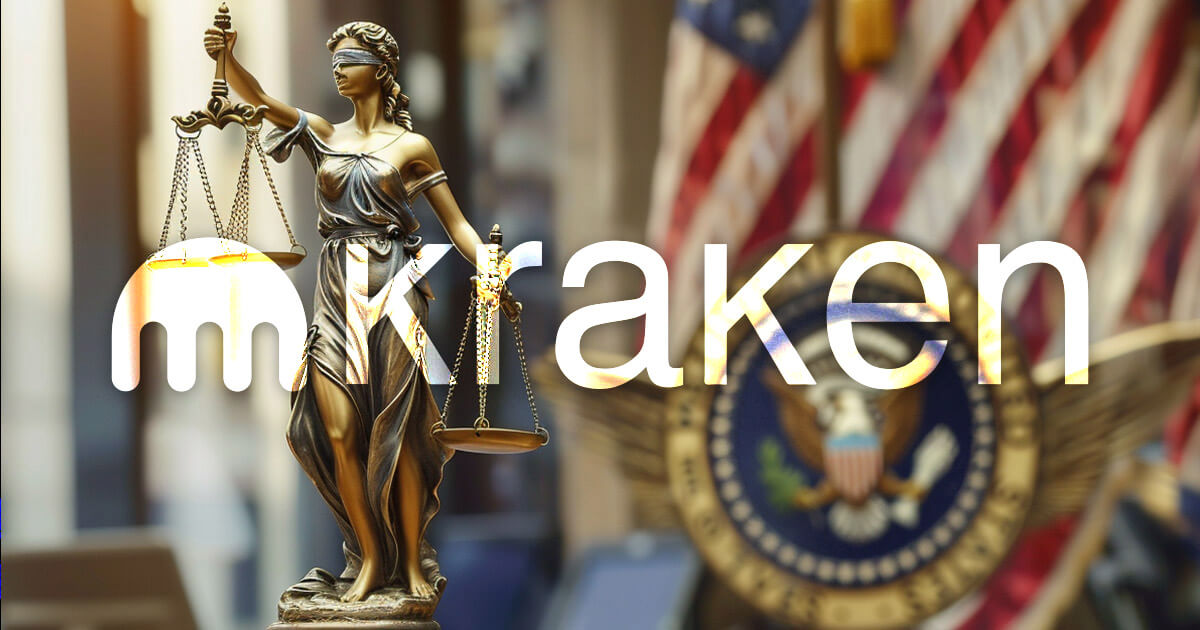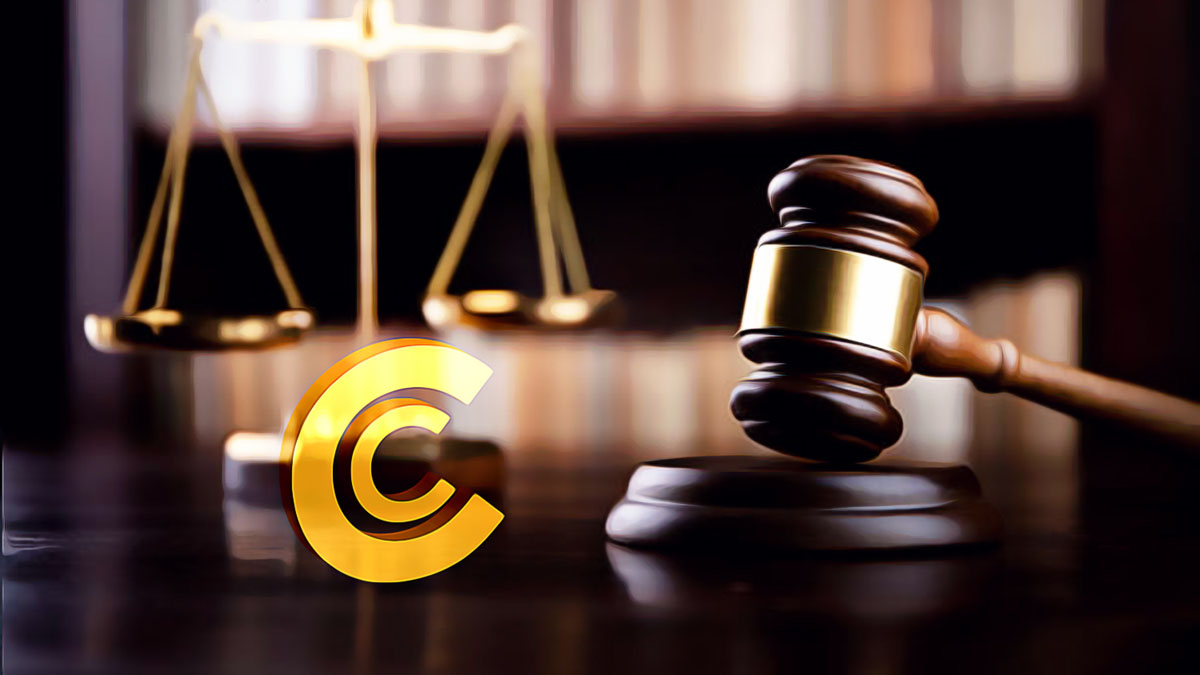
Kraken has requested a jury trial in response to the US Securities and Exchange Commission’s (SEC) lawsuit, according to a Sept. 12 court filing.
The move comes after a federal judge rejected Kraken’s bid to dismiss the case, which centers on claims that the platform operated an unregistered securities exchange.
Kraken’s defense
In its filing, Kraken denied any illegal activity and criticized the SEC’s approach to the crypto industry.
The exchange highlighted its attempts to engage with the regulator, which was met with resistance. It stated:
“Kraken has tried to work with the SEC to make registration feasible. But the industry’s efforts have been stonewalled at every step, as the SEC has instead chosen to pursue a strategy of fighting with its sister regulators for enforcement authority its Chair admitted it did not have.”
Further, Kraken claims it was unaware of which digital assets the SEC considered “investment contracts” until the lawsuit was filed. The regulator labeled these digital assets traded on the crypto platform as securities: ADA, ALGO, ATOM, FIL, FLOW, ICP, MANA, MATIC, NEAR, OMG, and SOL.
Kraken also disputed the SEC’s term “crypto asset securities,” arguing that the courts have already rejected it. It stated:
“The SEC has pointed to no transactions where investment contracts were allegedly formed on Kraken. The digital assets themselves cannot be the investment contracts because they carry none of the rights and obligations of a share of stock, a bond, or any other financial asset that Congress has said is subject to SEC regulation.”
As a result, Kraken firmly denied that it engaged in any illegal activity.
Challenges SEC’s authority
Kraken also questioned the SEC’s authority to regulate its business under certain sections of the Securities Exchange Act. The exchange argued that digital assets do not qualify as securities or investment contracts, and therefore, trading these assets on Kraken does not violate the Exchange Act.
Additionally, Kraken claimed that the SEC failed to provide adequate notice that its actions were unlawful, violating the exchange’s due process rights.
Its legal team argued:
“Due to the lack of clarity and fair notice regarding Kraken’s obligations under the law, in addition to the lack of clarity and fair notice regarding Plaintiff’s interpretation of the law, Kraken lacked fair notice that its conduct was prohibited.”










